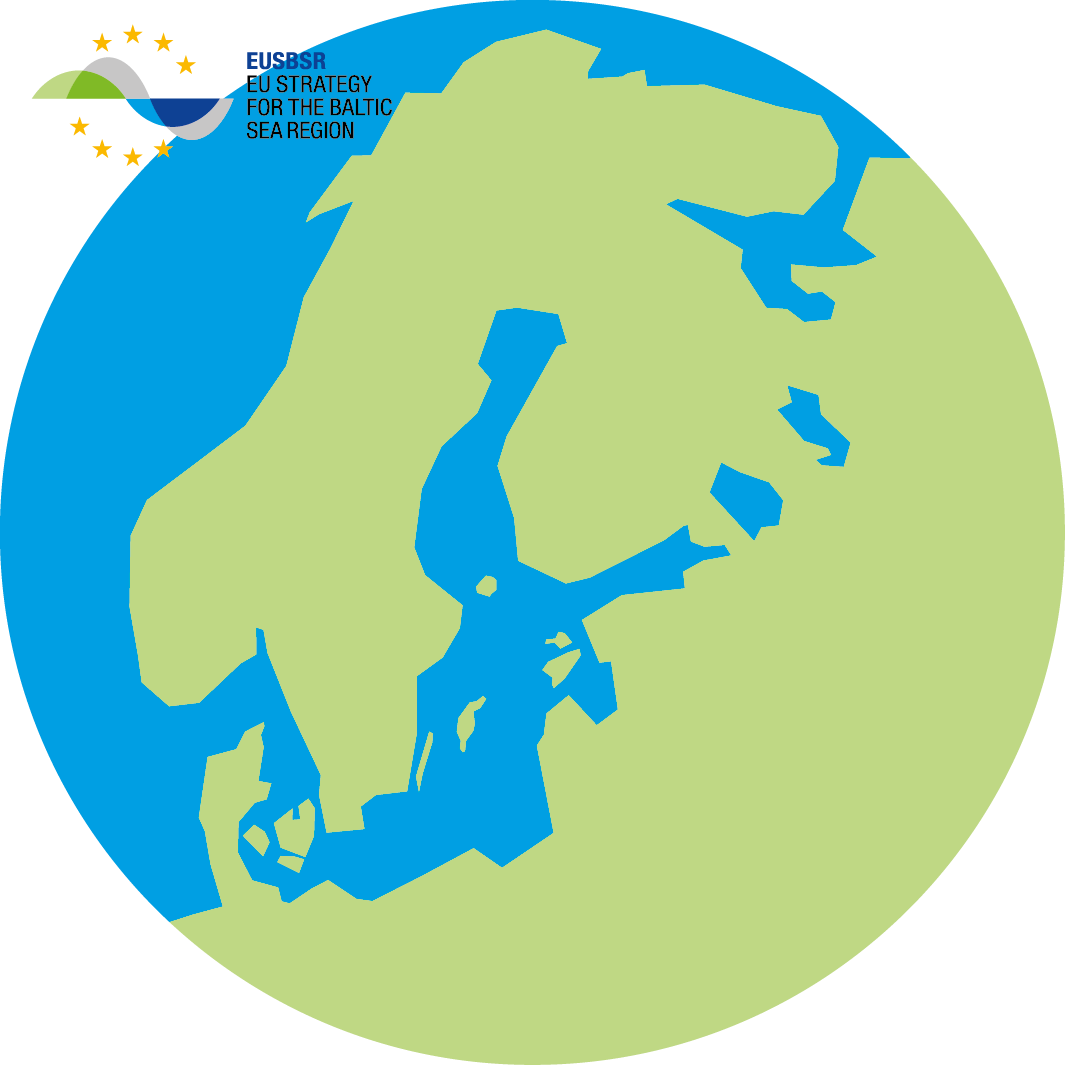
Other nutrient recycling projects
The project identifies alternative and sustainable protein sources such beans, peas, green grass proteins, marine invertebrates, algae, insects etc. and identifies opportunities for developing new bioeconomy value chains based on such locally produced green proteins. (Source: http://bsrbioeconomy.net/projects.html)
There is a need to generate new ways of working, new processes, services and products that can contribute the transition towards the bioeconomy. This project pilots methods to ensure truly multidisciplinary and stakeholder involvement from start in research and development processes.(Source: http://bsrbioeconomy.net/projects.html)
Future food demands mean that biobased resources need to be better utilized. Also, there is a need to replace petroleum-based polymers with bio-based polymer alternatives. The project explores novel bio-based product opportunities for bio-resources from agriculture, forestry and marine sectors.(Source: http://bsrbioeconomy.net/projects.html)
The project aims to establish an arena where for food and feed industry and farmers can exchange research, market and trade opportunities in locally produced plant protein – and subsequently develop a joint EU funding application later in 2015. (Source: http://bsrbioeconomy.net/projects.html)
The BSR has a great potential to become a model region for sustainable biobased innovations and smart combinations that are based on the region’s marine resources. The project aims at supporting pan-Baltic cooperation in the blue bioeconomy to foster blue growth and to develop sustainable biobased value chains. (Source: http://bsrbioeconomy.net/projects.html)
This project aims to establish alternative methods of financing the bioeconomy – including through crowd funding mechanisms in rural areas that support innovation in local farms and firms. (Source: http://bsrbioeconomy.net/projects.html)
- Markets for woody biomass and wood-based energy around the Baltic Sea Region
- The project aims to set up a model for comprehensive study of issues related wood biomass and wood-based energy in the Baltic Sea Region. (Source: http://bsrbioeconomy.net/projects.html)

